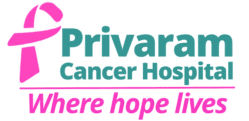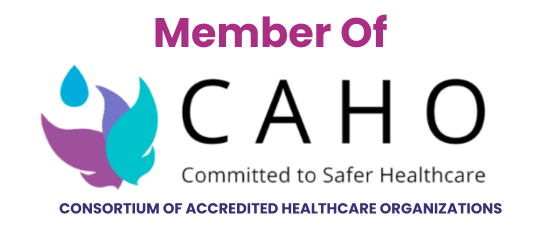One of the most effective methods of ensuring the survival and health of an infant child is breastfeeding. It is recommended that this begin within the first hour of the child’s life and continue as much and often as the child wants. At least six months is the minimum recommended time, after which one can also begin complimenting the child’s diet with safe, solid food, while continuing breastfeeding for up to two years.
But, unfortunately in the world today, two out of three infants are not breastfed. A rate, which the World Health Organisation says, has not improved in the last twenty years.
Benefits:
In a healthy mother, the breast milk is an optimum mix of everything a baby needs to grow, like protein, vitamins and fat, in a mix that is easily digestible. It contains antibodies that boost the baby’s immunity against bacteria and viruses, as well as reduce the risk of allergies. It has also been found that exclusively breastfed babies have fewer cases of respiratory illness, ear infections and diarrhea. Breastfed children are also more likely to have higher IQ levels, not gain unnecessary body weight and are more secure and bonded to the mother.
The mothers also benefit too. Breastfeeding releases a hormone called Oxytocin, which helps the uterus to shrink back to its pre-pregnancy state, greatly reducing the chances of after birth bleeding. Weight gained during pregnancy is lost faster, the body is burning more calories. Breastfeeding is also known to greatly reduce the risk of osteoporosis as well as ovarian and breast cancer.
Breast Cancer – what one should know.
Breast cancer is very rare in lactating or breastfeeding women, less than three percent. Studies have shown that even minimum breastfeeding brings about a thirty percent reduction in cancer risk. Older mothers are more at risk than younger ones.
Lactation greatly reduces the risk of breast cells to misbehave. Lactating women tend to have fewer menstrual cycles, leading to lower estrogen level, reducing cancer risk. They also tend to eat healthier food and lead healthier lifestyles.
Breast cancer occurs when the cells in the breast tissue begin reproducing in an uncontrolled manner, leading to, lumps and swelling in the breasts, swelling or lump under the arm, etc. but, just because these symptoms are there does not mean one has cancer. It can be a harmless lump or a cyst. But, when in doubt, always consult with a physician.




